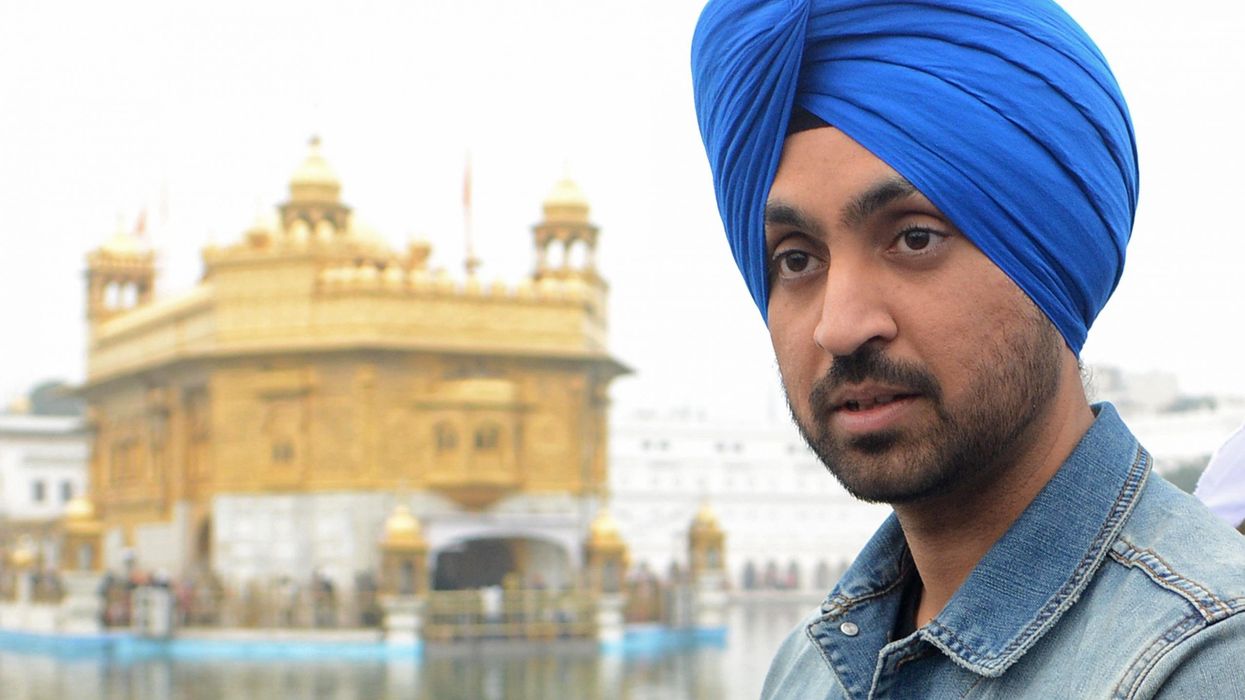Diljit Dosanjh’s upcoming film “Jogi” is set during the 1984 anti-Sikh massacre, an event the actor-singer insists should be called a “genocide”.
Violence erupted in Delhi and other parts of the country after former Prime Minister Indira Gandhi was assassinated by her Sikh bodyguards on October 31, 1984. Over 3,000 Sikhs were killed across India. Most were killed in Delhi.
“We should not call it riots, the right word is genocide. When there is a two-sided fight between people, then it is a riot. According to me, it should be called a genocide,” Dosanjh, who was born in January the same year, told PTI in an interview.
Directed by Ali Abbas Zafar, “Jogi” is a Hindi feature film which explores the agony of the Sikh community in the national capital following Gandhi’s assassination.
Dosanjh, who plays the titular role in the movie, said the film is a “collective” view of the real-life incidents that took place in 1984.
The deep-rooted trauma continues to be part of the community, the 38-year-old actor added.
“It is not that it happened to one or a few people. I know it happened collectively, with all of us. If I talk about some incidents, it will be personal. We are talking about it collectively in the film. I have been hearing about it since I was born and we are still living with it,” he said.
“Jogi”, which will be available on Netflix from Friday, is billed as a thrilling and emotional journey of the fighting spirit of three friends, played by Dosanjh, Mohd Zeeshan Ayyub and Hiten Tejwani.
The filming process was also an “emotional” experience for Dosanjh, who plays the happy-go-lucky man Jogi, whose world turns upside down as he sets out to save people including his family in times of adversity.
“We all have heard a lot of stories and we couldn’t believe something like this can happen in life. But, anything can happen. This is not a new story. This film is also talking about the same things that we have grown up listening to.” With “Jogi”, the attempt is to spread positivity, said the actor, and he believes the film will leave a “different impact” on everyone.
“Whatever has happened is there for everyone to see. We have always given a message of positivity. Like in gurudwara, when you seek blessings and then when you are part of a ‘langar’, where everyone sits together to eat food, this is a message of positivity,” he said.
“We all should know about history. Cinema is a medium where we make light hearted and fun-loving movies. But we should also do films on such subjects from history too,” he added.
Kumud Mishra and Amyra Dastur also play pivotal roles in “Jogi”, which is produced by Zafar along with Himanshu Kishan Mehra. PTI KKP RDS RDS RDS
(PTI)




